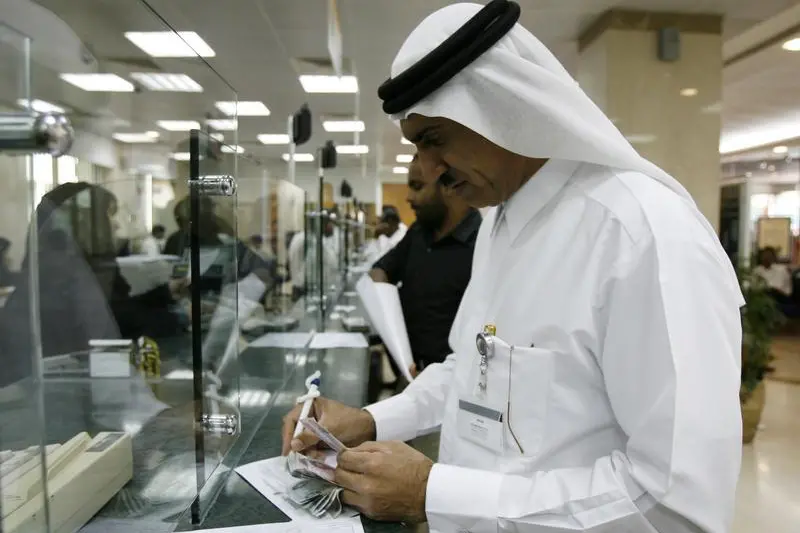PHOTO
DUBAI- United Arab Emirates banks are at risk from a spike in bad loans over the next one to two years as the oil-producing economy is hit by a "triple whammy" of a slump in oil prices, lower economic activity and low interest rates, S&P said .
Already, UAE's biggest lenders, including First Abu Dhabi Bank, and Emirates NBD have reported a spike in loan impairment charges for the first quarter.
"We expect the triple whammy of a sharp drop in oil prices, lower economic activity due to COVID-19, and lower interest rates will lead to a rise in problem loans and the cost of risk, as well as lower profitability for banks in the UAE," S&P ratings agency said on Wednesday.
It said the volume of stage 3 loans - non-performing loans that require significant writedowns - will rise to 7%-8% of system-wide loans in 2020-2021, and problematic assets will rise to about 20% of total loans.
Stage 3 loans comprised 4.4% on average of the total at the United Arab Emirates' (UAE) 10 largest banks at end-2019, S&P said in a report.
It also said the real estate sector, which had already been weakened by increased supply, faces risks from the halt in activity caused by a deep fall in oil prices, which in April dropped to more than 20-year lows, and the coronavirus outbreak, which causes the COVID-19 respiratory disease.
The economy of Dubai, the financial hub of the UAE and of the Gulf, was hit hard in 2009, when the global credit crisis caused its real estate market to crash and some of its state-linked companies were pushed to the brink of a debt default.
The banking system's total exposure to the real estate and construction sectors was 26.4%, S&P said.
(Reporting by Saeed Azhar; editing by Barbara Lewis) ((Saeed.Azhar@thomsonreuters.com; +971 44536787; Reuters Messaging: saeed.azhar.reuters.com@reuters.net))





















